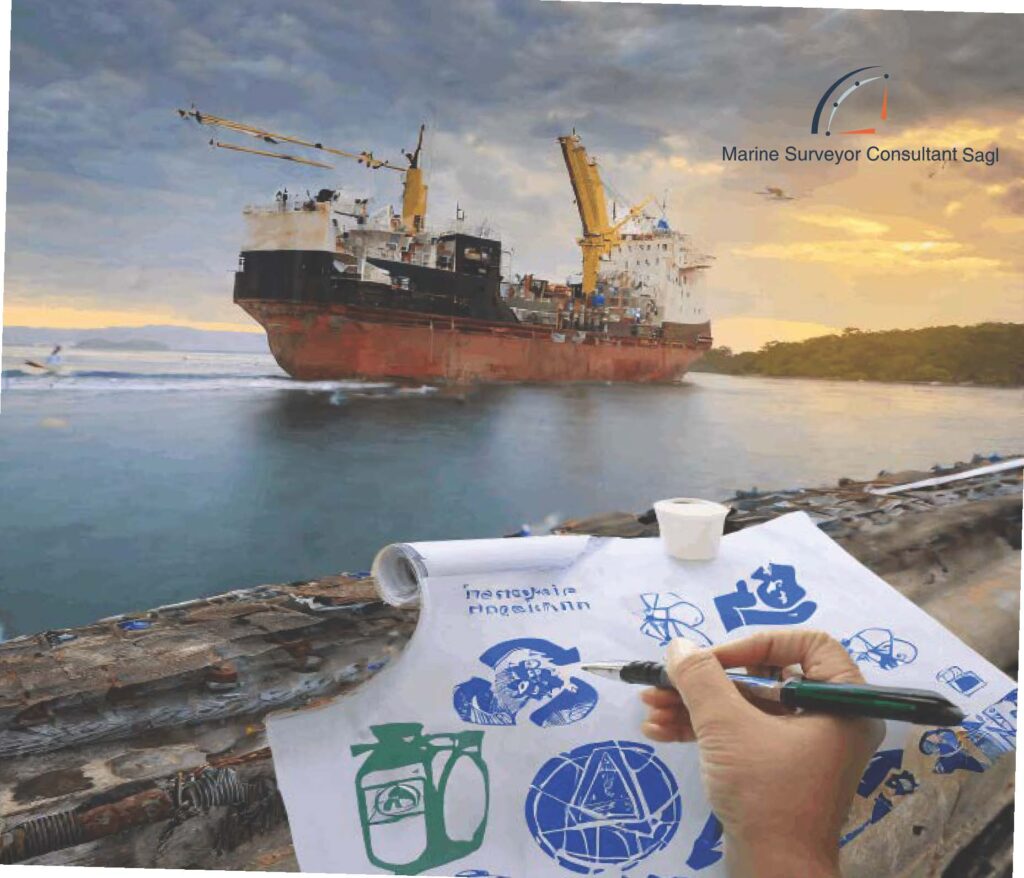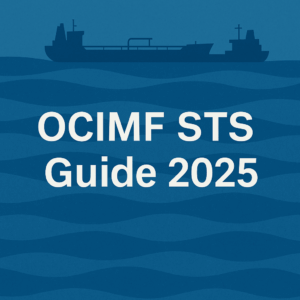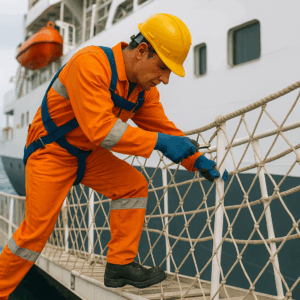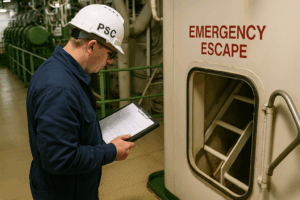Introduction
The history of MARPOL Annex V can be traced back to the International Convention for the Prevention of Pollution from Ships (MARPOL), which was first adopted in 1973 and entered into force in 1978. The convention was created in response to the increasing concern over marine pollution caused by ships, and its objective was to regulate the discharge of harmful substances from ships into the sea. In 1988, Annex V was added to MARPOL to address the growing problem of marine litter and specifically prohibited the discharge of plastics and other non-biodegradable materials into the sea. The annex has undergone several revisions since its adoption, with the most recent amendments taking effect in 2017.
The origin of MARPOL Annex V can be dated back to the International Convention for the Prevention of Pollution from Ships (MARPOL), which was established in 1973 and implemented in 1978. The convention came about due to the rising concerns over marine pollution from ships. Its main purpose was to regulate the harmful discharge of substances from ships into the sea. In 1988, Annex V was introduced to MARPOL to tackle the increasing issue of marine litter. The annex placed a ban on the dumping of plastics and other non-biodegradable materials into the sea. Since its adoption, several revisions have been made to the annex, with the most recent updates coming into effect in 2017.
Garbage from ships can be just as deadly to marine life as oil or chemicals.
The greatest danger comes from plastic, which can float for years. Fish and marine mammals can in some cases mistake plastics for food and they can also become trapped in plastic ropes, nets, bags, and other items – even such innocuous items as the plastic rings used to hold cans of beer and drinks together.
Evidently, much of the trash found on beaches originates from individuals on land – vacationers who abandon their waste on the sand, fishermen who discard unwanted refuse overboard – or from urban areas that dispose of trash into rivers or oceans. However, in certain regions, the majority of litter is attributed to transiting vessels that opt to jettison garbage overboard rather than managing its disposal at ports.
For a long while, many people believed that the oceans could absorb anything that was thrown into them, but this attitude has changed along with greater awareness of the environment. Many items can be degraded by the seas – but this process can take months or years.
Encouraging individuals to refrain from using oceans as a dumping ground demands both instruction and strict enforcement of regulations like MARPOL Annex V. While the outdated notion that the sea can absorb any waste persists to some degree, educating people is a crucial component of changing this mindset.
MARPOL Annex V
The objective of MARPOL Annex V is to minimize the quantity of waste discharged by ships into the ocean. Unless otherwise specified, this regulation pertains to all kinds of vessels, ranging from commercial ships to stationary or floating platforms to recreational boats and yachts.
AMENDMENTS TO THE INTERNATIONAL CONVENTION FOR THE PREVENTION OF POLLUTION FROM SHIPS, 1973, AS MODIFIED BY THE PROTOCOL OF 1978 RELATING THERETO MARPOL ANNEX V
At Marine Surveyor Consultant, we offer our help to ensure your adherence to the recently adopted RESOLUTION MEPC.360(79) dated 16th December 2022.






